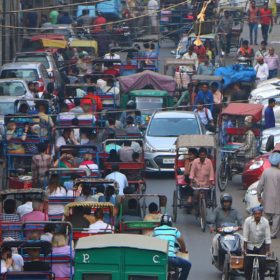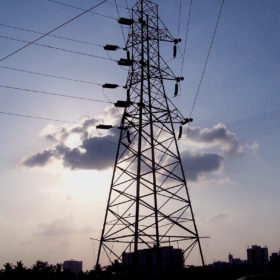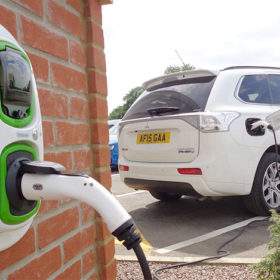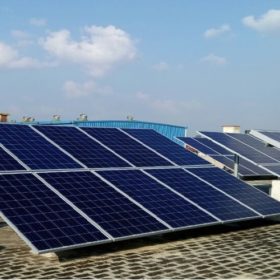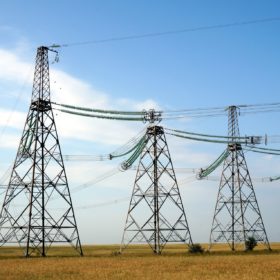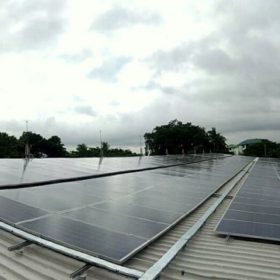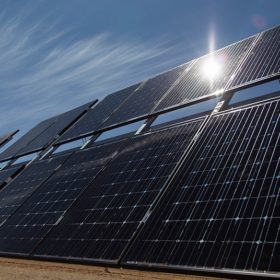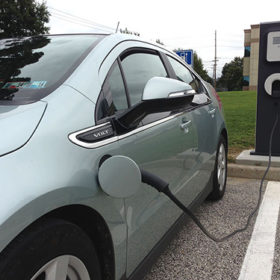Alternative charging options drive down battery costs for ebuses
All-electric buses will cost the same as diesel options by 2030 – and possibly earlier – according to research into the global EV market which highlighted the potential for India to follow China’s lead in the sector.
India to open bids for $5bn of new transmission line capacity
In response to feedback from the domestic renewable energy sector, the Indian government has revealed plans to launch $5 billion of tenders for new transmission lines, starting in phases from this summer.
Delhi to get 131 EV charging stations in 3 months
While these electric vehicle (EV) charging facilities will mainly come up at CNG and petrol pumps, 33 are planned for Metro Stations as well, in addition to one each in the parking area at Indira Gandhi International Airport and Jamia Millia. These are likely to become operational within three months.
Rooftop solar for Delhi schools to save 4 GW electricity daily
State-run utility Indraprastha Power Generation Company Limited will install solar rooftop plants at 30 school buildings, with capacity of one megawatt in all.
Tata Power-DDL to implement smart grid pilot with European backing
Tata Power Delhi Distribution Limited (Tata Power-DDL) has partnered with European firms Enedis, Schneider Electric, Odit-e and VaasaETT to implement a 1MW smart grid pilot in India, which would be insulated from any blackout in the main grid.
BYPL commissions solar microgrids with storage batteries
Power discom BSES Yamuna Power Limited (BYPL) has set up four such microgrids at its offices in East Delhi. These microgrids will combine rooftop solar with lithium-ion-based battery energy storage systems.
CleanMax Solar’s 736kWp rooftop plant is India’s largest for jail complex
The Gurugram-based commercial solar player has installed a 736 kWp rooftop solar plant at Mandoli Jail in Delhi. The power generated from the plant—built on ‘pay-as-you-go’ model—will cost about 50% cheaper than grid electricity.
BHEL installs first solar EV charging station
State-owned Bharat Heavy Electricals Limited (BHEL) has installed the first solar electric vehicle (EV) charging station in the upcoming network on Delhi-Chandigarh Highway.
Electric vehicles off to a good start in 2019
Following Tamil Nadu’s plans to purchase 2000 electric buses, Karnataka aims to convert half the government vehicles in Bengaluru to electric by 2019 end. Further, Delhi has allocated Rs 100 crore to electric vehicles in its budget for 2019-20.
BHEL will set up solar EV chargers along highway
Government-owned Bharat Heavy Electricals Limited will set up a network of solar-based electric vehicle chargers along the entire 250 km stretch of road between Delhi and Chandigarh, allaying range anxiety among EV users.
